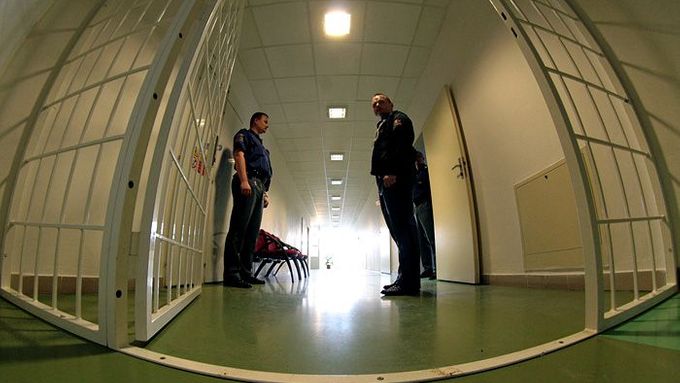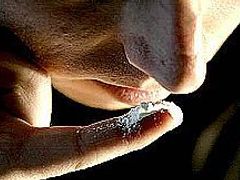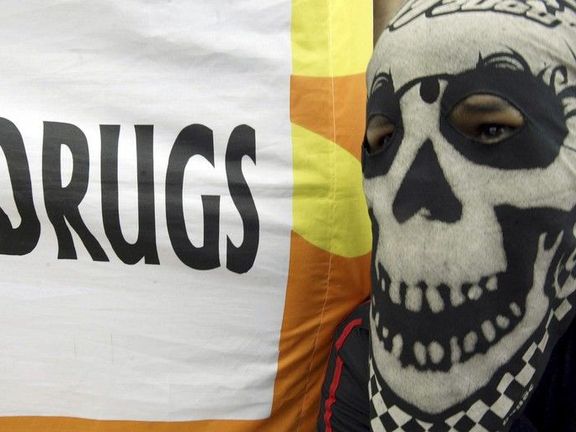Prague - In the last couple of years, several dozens of Czech citizens have been arrested for drug trafficking or possession all around the world.
Only in 2007, the Czech Foreign Ministry registered forty cases of Czechs that were arrested for smuggling, using or possessing illegal drugs.
The Foreign Ministry Press Department informed that those were only the cases that were announced to the government directly by the arrested people or by the particular foreign administrations. The real number is likely to be higher.
The Foreign Ministry says that the number of Czech drug prisoners has increased in the last few years. Czech embassies workers around the world that were interviewed by Aktuálně.cz do think though that the number has roughly remained the same.
Czech smugglers most often chose South America to smuggle cocaine. Several people have been arrested in the Balkans and at borders of Central European countries.
Arrested Czechs are mostly individuals even though last year, five Czech members of a drug gang have been arrested for smuggling large amounts of hashish from Africa.
Eleven Czechs in Peru
Several Czechs are kept in poor and dangerous conditions of prisons in Latin America. Their hopes to be released to the Czech Republic like heroin smuggler Emil Novotný who was held in prison in Thailand are very unlikely to ever come true.
Emil Novotný was arrested in 1995 at Bangkok Airport carrying 4.2 kg of heroin. He was sentenced to 50 years in prison, which was later cut down to 34 years in prison.
In 2003, Novotný was transferred to Czech custody under a treaty on prisoner exchange between the Czech Republic and Thailand and in June this year Novotny was given clemency by president Václav Klaus.
Read more: President grants pardon to convicted drug trafficker
Eleven Czechs have been arrested in Peru in the last two years, all charged for cocaine smuggling. They were kept in detention awaiting their trial for many months. The most common charge in Peru is six years of prison.
"In most of the cases Czechs were trying to smuggle the drugs in their luggage," said Kamila Hrabáková, the Czech consul in Peru. Czechs are not the only ones from Central Europe who try their luck smuggling drugs. There have been several cases of Slovak and Polish citizens as well.
Pardoned in Ecuador
A couple of months ago, six Czechs were held in prisons in Ecuador and Columbia for cocaine smuggling. Two of them have been released after the recent decree by president Rafael Correa.
Under this decree, people who smuggled less than two kilograms of illegal drugs and had already spent a year in prison, were allowed to leave the prisons.
One more Czech citizen is still awaiting his discharge in Ecuador. Two Czechs have been recently set free after their trial has been postponed for many years.
Shoe soles with cocaine
The Czech embassy in Columbia registered a case of a Czech citizen trying to smuggle 300 grams of cocaine in his shoe soles two years ago.
Embassies try to be instrumental in getting the prisoners released. They also try to deliver messages from their Czech relatives. Once in a while, diplomats visit the Czechs held in prisons to bring them soaps and other hygienic necessities.
Once, they had to get medical treatment for one of the Czech prisoners who was attacked by his inmate.
Violence and drug dealing rife
Conditions in South American prisons differ greatly from European standards. Violence takes place on daily basis, while prisoners often have guns on them.
"Prisons are typically overcrowded and dangerous. People often sleep in the hallways. If you want to sleep in a bed and get some food, you have to pay extra," says Petra Feiková, the Czech consul in Bogota. To reach a somewhat bearable standard that can be compared to prisons in Europe, you need to pay 100 to 200 dollars every month.
"Our ways to help the prisoners are very limited," says the Czech consul with regret.
Lorenzo Montanari, an independent journalist who visited South American prisons supports her words. "There are big halls instead of cells. The prison inmates are armed and drug dealing is rife even inside the prison. A person is said to die per day," Montanari said to Aktuálně.cz.


